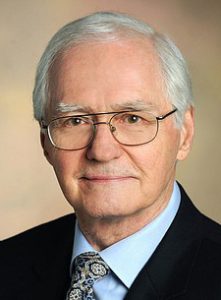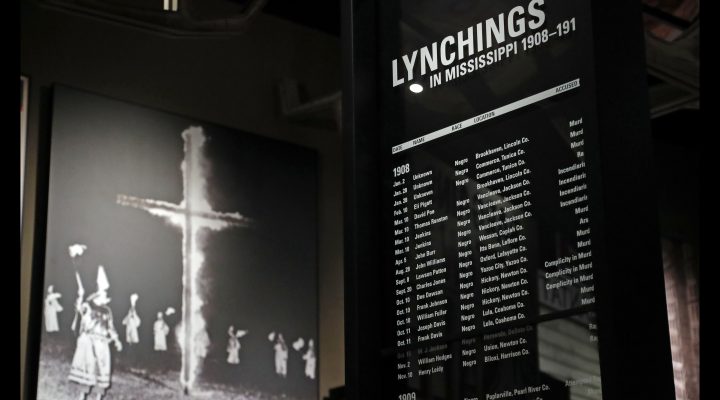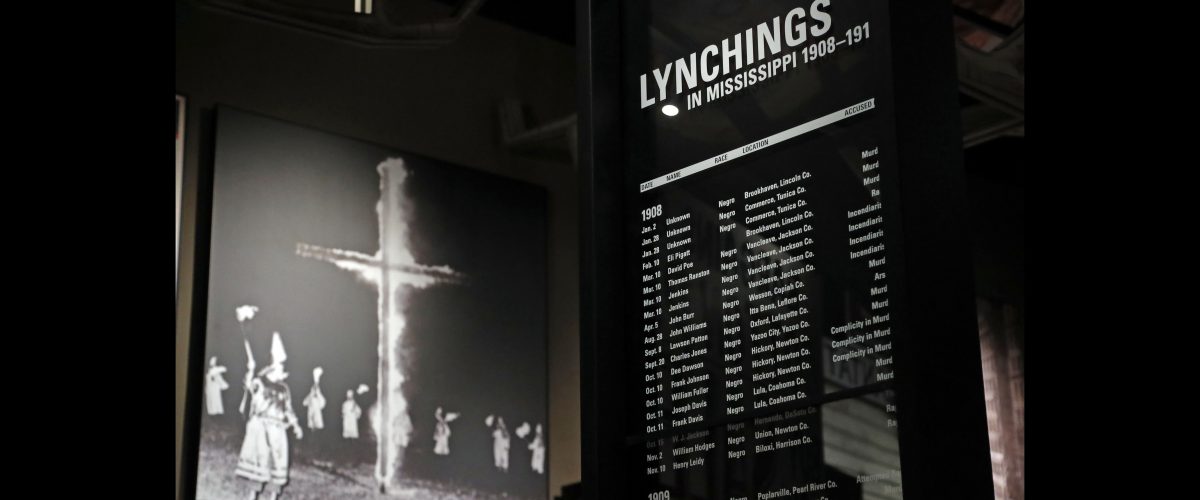We already tried that, and it didn’t work out so well. For some people.
The small town was Money, Miss., population less than a hundred. Fourteen-year-old Emmett Till was accused of whistling at a white woman. They took care of their own all right. Their white own.

Richard Conville
Jason Aldean’s song has Nashville country music fighting it out over how woke they are. With lines like this — “Try that in a small town. See how far ya make it down the road. Around here we take care of our own.” — it’s easy to see why the gloves are off (especially if you watch the video).
Emmet Till made it to the bottom of the Tallahatchie River with a fan motor tied around his neck. That’s how far he got.
So, I know. It’s art and all that, and art is supposed to activate the right brain, the one that doesn’t analyze and judge, but — here are some left-brain questions: Which small town? And where? In what time of history? And who are “our own?”
Emmett Till was 1955. A long time ago. But there’s a peculiarly Southern tradition here. Let’s look back, even longer ago, to 1919. In a news report found in the May 21st Biloxi-Gulfport Daily Herald we learn that “Will Moore, a Gulfport bootlegger, shot and instantly killed J.H. Rogers, superintendent of the Dantzler Lumber Company’s mill at Ten Mile, yesterday afternoon about 5 o’clock.” Shortly thereafter, the report continued, he was captured by a mob and lynched.
In a commentary in the same paper, regular columnist Bostick “Crab” Breland, opined that, with this lynching, “Stone County got the first stain on the clean pages of her history” (as it was a newly formed county). He went on to point out: “We know nothing of the facts in this particular case, nor the makeup of the mob that enacted the tragedy.”
Characterizing himself as someone “who looks beyond the excitement of the hour (and) thinks below the surface,” he found the incident “sickening.” Two people were dead, yes, but in the process, he lamented, “that spirit of violence that has been planted in the minds and hearts of the boys, and watered with blood, still smolders and may blaze up after many days.”
Wise words indeed, especially for a century ago.
Breland got it right in 1919; and in 1955, “it” was still smoldering. And “it” blazed up again in 2023, on Jan. 24 to be exact. This time the small town was Braxton, Miss., population 181. This time the assailants (calling themselves the “Goon Squad”) were five members of the Rankin County Sheriff’s Department and one member of the Richland (population 6,900) Police Department. The victims were Michael Jenkins and Terrell Parker.
According to federal law enforcement reports compiled by Jerry Mitchell of the Mississippi Center for Investigative Reporting at Mississippi Today, the officers broke down Parker’s door, without a warrant, and threatened the two with rape, beat them and tased them. One officer forced his gun into Jenkins’ mouth and fired, shattering his jaw. During this torture, the officers called the two “n–” and “monkey,” and told them to “stay out of Rankin County and go back to Jackson or to ‘their side’ of the Pearl River.’” At one point, one of the officers attempted to “waterboard” them with milk, alcohol and chocolate syrup, before pouring cooking grease on Parker’s head.
So, which small town? And where was it? And when did who “take care of ‘their own’?”
So, Jason Aldean, you’ve made a pile of money with your song: it won you your first No. 1 on the Billboard Hot 100 list. And I guess the writers got their fair share too: Kurt Allison, Tully Kennedy, Kelley Lovelace and Neil Thrasher.
I know its art and all that, but when you have people dancing to the tune of “Around here we take care of our own,” and you are praising those “good ol’ boys, raised up right” with guns “my granddad gave me,” you know somebody’s gonna get hurt. Bad.
So I gotta ask: Do you want to be a party to that? Do you care?
And for us, consumers of popular music: Do we really want those with the meanest looks, the loudest voices and the most guns to be running things? Is that the world we want to live in? I don’t think so.
That flag Aldean sings about in the second verse does not stand for vigilante justice. It stands for the rule of law.
Richard Conville is a retired professor of communication studies and long-time resident of Hattiesburg, Miss.
Related articles:
Jason Aldean and Tyler Childers and two visions of small-town community | Opinion by Justin Cox
‘Try That in A Sundown Town’ | Opinion by Justin Cox


